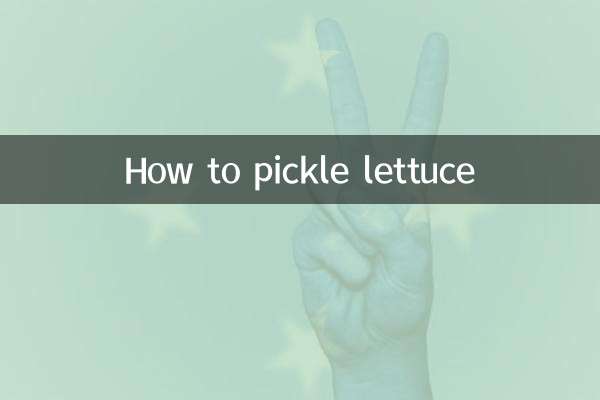What happens when a newborn chokes on milk?
Newborn choking on milk is a common problem encountered by many new parents. It not only makes the baby uncomfortable, but may also cause more serious health risks. Understanding the causes, preventive measures and emergency treatment methods of milk choking can help parents take better care of their babies. The following is a detailed analysis of newborn choking on milk.
1. Common causes of newborns choking on milk

Choking on milk is usually caused by the baby's swallowing and breathing coordination abilities not being fully developed, causing milk to accidentally enter the airway. Here are some common reasons:
| reason | illustrate |
|---|---|
| Improper feeding posture | If the baby's head is not raised or the body is not tilted enough, it can easily lead to milk reflux. |
| Feeding too fast | The milk flow is too large and the baby has no time to swallow, causing him to choke. |
| Baby's stomach capacity is small | Newborns' stomachs are not fully developed and they are prone to overflowing or choking due to excess milk supply. |
| Insufficient sucking power | Premature babies or babies with weak constitutions have poor sucking ability and are prone to choking on milk. |
2. How to prevent newborns from choking on milk
The key to preventing milk choking is to adjust feeding methods and observe your baby's reaction. Here are some practical suggestions:
| Precautions | Specific methods |
|---|---|
| Adjust feeding posture | Keep the baby's head higher than the body at a 45-degree angle, and avoid lying flat for feeding. |
| Control feeding speed | When breastfeeding, the mother can gently press the areola with her fingers; when feeding from a bottle, choose a slow-flow nipple. |
| segmented feeding | Pause during feeding and pat the baby's back gently to help exhaust gas and reduce stomach pressure. |
| Observe the baby's status | If your baby cries or has shortness of breath, stop feeding and wait until the baby calms down before continuing. |
3. Emergency treatment methods after choking on milk
If your baby chokes on milk, parents need to stay calm and take the following measures:
| step | Operating Instructions |
|---|---|
| Stop breastfeeding immediately | Lay the baby on his side or lift him up to prevent milk from continuing to flow into the airway. |
| pat on the back | Use a hollow palm to gently pat the baby's back from bottom to top to help drain the choked milk. |
| Clean mouth | Wrap a soft cloth with clean gauze or your fingers and gently clean the remaining milk from your baby's mouth. |
| Observe your breathing | If your baby turns blue and has difficulty breathing, seek medical attention immediately. |
4. When Do You Need Medical Treatment?
Most cases of milk choking can be solved through home treatment, but the following situations require prompt medical treatment:
| symptom | possible risks |
|---|---|
| Frequent choking on milk | May indicate swallowing dysfunction or gastroesophageal reflux disease. |
| difficulty breathing | Milk may have entered the lungs, causing aspiration pneumonia. |
| Continuous crying | The discomfort or pain may be caused by choking on milk and requires professional examination. |
5. Summary
Although it is common for newborns to choke on milk, the risk can be effectively reduced through correct feeding methods and timely emergency treatment. Parents need to closely observe their baby's reaction and seek professional medical help if necessary to ensure their baby's healthy growth.

check the details

check the details